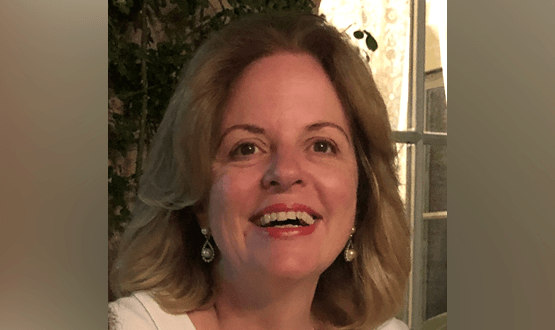Coordinate My Care founder confirmed for Rewired 2020

The founder of an online service which gives patients more control over their treatment and makes sure their wishes are respected has been confirmed to speak at Digital Health Rewired 2020.
Coordinate My Care, which was launched first in London, has shown the rest of the country how digital can enable joined-up end of life care, in which the patients are placed in control of deciding how they die.
Professor Julia Riley, a consultant in palliative care at the Royal Marsden, who founded CMC, will tell the Rewired 2020 audience how an initiative she began ten-years ago is now in use across the capital, and used GPs, carers, nurses and Ambulance and Out of Hours services.
“The CMC service is now commissioned across all 32 London CCGs, with 3,900 care plans opened and viewed each month,” Prof Riley says.
Delivered by a tiny NHS team of 11, CMC has changed how and where Londoners die, giving patients control of their end of life with more than 24,000 clinicians are now trained create care plans in London.
Health secretary, Matt Hancock has singled the service out for praise: “CMC is an example which shows the difference the NHS can make to people’s lives when they need it most.”
Far more people now having their wishes to die at home respected.
“We’ve had 80,000 patients with a care plan and half of those have died. However, the numbers that have died in hospital is now just 20%, which is less than half national average of 47%,” Prof Riley adds.
“And in London the average had been even higher at 53%.”
Patients create an end of life care plan together with their GP. May 2019 saw the launch of the online myCMC version of the service, connected to the NHS Spine, which now enables patients to record their goals and expectations for end of life care and then sends it to their GP or nurse for review.
Prof Riley told Digital Health News that the journey of CMC has been about cultural change more than technology.
“When I first started back in 2009 I would go month on month to the BMA – who would resist a multi-disciplinary care plan – they had their plans in their EMIS or TPP systems, and they really did not want people looking or editing them,” she says.
The spur to create CMC was Prof Riley’s dreadful personal experience.
“My brother’s wife was in 30s when had a cancer diagnosis, she had multiple care plans but it was terribly uncoordinated – an out of hours GP would arrive and change opiods and then she had to be admitted into hospitals,” she says.
“So CMC was really born out of the frustrations of being a carer for my brother’s wife.”
Prof Riley went to Mike Richards, who was cancer czar at the time, and convinced him to support the initial digital version of CMC, putting in 20K each for 9 pilots. This provided the starting point for today’s version of CMC which has run on an InterSystems platform for the past five years.
“An innovation usually takes 15 years to be adopted in the NHS so ten year is not too bad,” says Prof Riley.
The new year will see the service start to expand outside the capital, beginning in Cornwall in January.
“I keep thinking should we be selling outside of London or expanding the offering into generic care planning, maternal care planning and heart failure. There is great potential to move to wider multi-disciplinary care planning,” says Prof Riley
“If I had my way and had political buy-in it should be a national urgent care plan – it would be relatively easy,” she added.
“In parallel, if it were in my gift, I would start getting groups diabetologists and cancer oncologists to develop data sets for care plans.”
Prof Riley will be presenting on the development and impact of Coordinate my Care on the Share Care track at Rewired on 4 March 2020.
Register your place at Rewired 2020 today.





